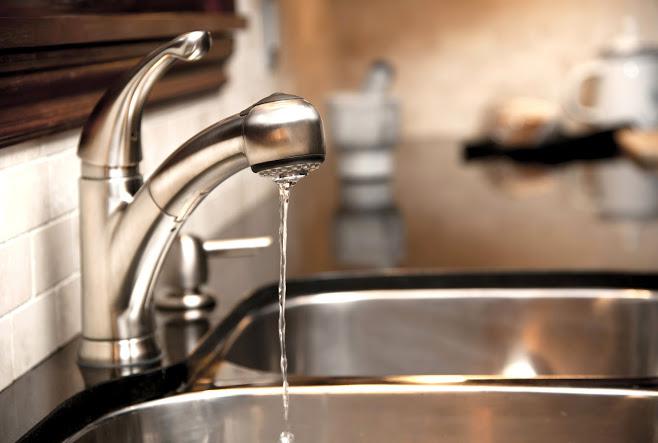
December 26/2024
3 Big Causes of Low Water Pressure in Kitchen Sinks
The kitchen sink is constantly running, whether prepping for meals or washing dishes. While it may seem invincible, using the fixture so often causes issues that compromise performance and longevity. One common problem in most households is low water pressure in the kitchen sink. While a slight decrease is not a major cause for concern, a trickle shows a severe underlying problem. Once you notice a decrease in water pressure, Mr. Rooter Plumbing can help. We understand the intricacies of different kitchen plumbing systems, providing long-lasting solutions without breaking the bank. Let’s delve into the three biggest causes of low water pressure in kitchen sinks to help you make informed decisions.
Clogged Aerator
The most frequent culprit behind low water pressure in kitchen plumbing is a clogged aerator. The aerator is a small screen attached to the end of your faucet to mix air with water, regulating the flow. However, mineral deposits, dirt, and debris can accumulate on the aerator over time, obstructing the water stream. This buildup is common in areas with hard water, and delaying maintenance can lead to costly kitchen sink repair calls.
Unscrew the aerator from the faucet tip and inspect it for blockages. It is advisable to soak it in a vinegar solution to dissolve mineral deposits. After cleaning, reattach the aerator and test the water flow. Maintaining the aerator regularly is crucial to prevent future clogs and ensure smooth water flow.
Plumbing Leaks
Another significant cause of low water pressure is kitchen plumbing leaks. Even a small leak in your pipes can reduce the pressure significantly. Leaks can occur because of damaged seals, loose fittings, or corroded pipes. In addition, leaks affect water pressure and waste water, causing costly repairs if left unaddressed.
Regularly inspect the pipes beneath your sink for any visible water pooling or damp spots. If you notice a suspicious increase in your water bill, it could be a hidden leak. Consult a professional for kitchen sink repair and maintenance, restoring pressure and preventing further damage.
Valve or Supply Line Issues
The water supply to your kitchen sink is controlled by valves and supply lines. Sometimes, the shut-off valve under the sink is partially closed, restricting water flow. This can happen if the valve is accidentally turned during maintenance or cleaning. Also, kinks or blockages in the supply line can obstruct water pressure, causing backups and kitchen sink replacement emergencies if left unattended.
Ensure the shut-off valve is fully open before inspecting the supply line for bends or damage. If the supply line appears old or worn, replacing it is crucial to mitigate further deterioration. In case of sediment buildup within the line, flush or replacing it to resolve the issue and restore full pressure.
Low water pressure in your kitchen sink is inconvenient and shows an underlying problem. By addressing common causes, you can restore water flow and avoid long-term complications. It is advisable to invest in regular maintenance and prompt repairs to keep your plumbing functioning efficiently. If you encounter persistent pressure problems, contact Mr. Rooter Plumbing to ensure the issue is resolved thoroughly. We provide comprehensive services, including kitchen sink replacement and trusted plumbing services in Brick Township, NJ at competitive rates.




